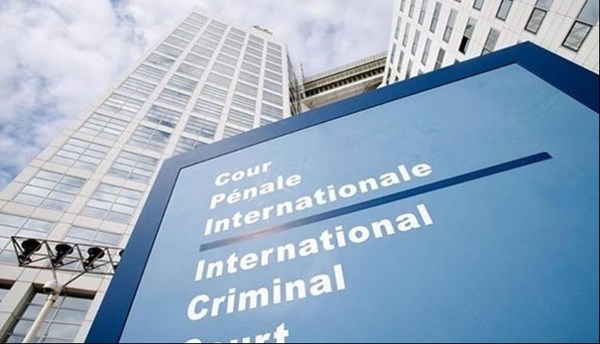Amnesty International Urges Ukraine to Ratify Rome Statute
Amnesty International is urging the President of Ukraine, Petro Poroshenko, "to show the political will and make all necessary preparations for Ukraine to ratify the Rome Statute of the International Criminal Court (ICC) as soon as possible," as stated in an open letter to the President of Ukraine.
"Please note that only after the ratification of the Rome Statute will Ukraine receive all the benefits from participation in the ICC: participation in the election of judges and prosecutors, ability to shape policy, adopting the budget and involvement in the management of the institution. Also, if Ukraine fails to become a part of the ICC before January 1, 2017, it won't be eligible for the vote deciding whether to include crimes of aggression under the jurisdiction of the Court," the letter from the organization said.
The letter also states that the delay in ratifying the statute means that Ukraine, firstly, won't fulfill its international obligations, and secondly, will effectively deprive itself of the rights that all member countries of the International Criminal Court enjoy.
The organization also urges citizens to write messages to the president and to the Verkhovna Rada on Twitter and Facebook asking to ratify the statute. The Twitter-storm is expected to start on January 20th.
It's not the first time Amnesty International in Ukraine has called on Parliament to ratify the Rome Statute. Ukraine signed the Rome Statute, the international treaty for the International Criminal Court, in 2000, but still has not ratified it.
On February 25, 2014, Parliament appealed to the International Criminal Court to initiate the criminal prosecution of senior officials in Ukraine under Article 7 of the Rome Statute concerning crimes against humanity that were committed during peaceful protests by Ukrainian citizens during the Maidan movement.
The ICC has the jurisdiction to prosecute individuals for the international crimes of genocide, crimes against humanity, and war crimes. Those crimes "shall not be subject to any statute of limitations". The Rome Statute is a multilateral treaty which serves as the ICC's foundational and governing document. Under the Rome Statute, the ICC can only investigate and prosecute the four core international crimes in situations where states are "unable" or "unwilling" to do so themselves. The ICC is often active in former war zones and seeks to bring to justice those involved in war crimes and crimes against humanity.
